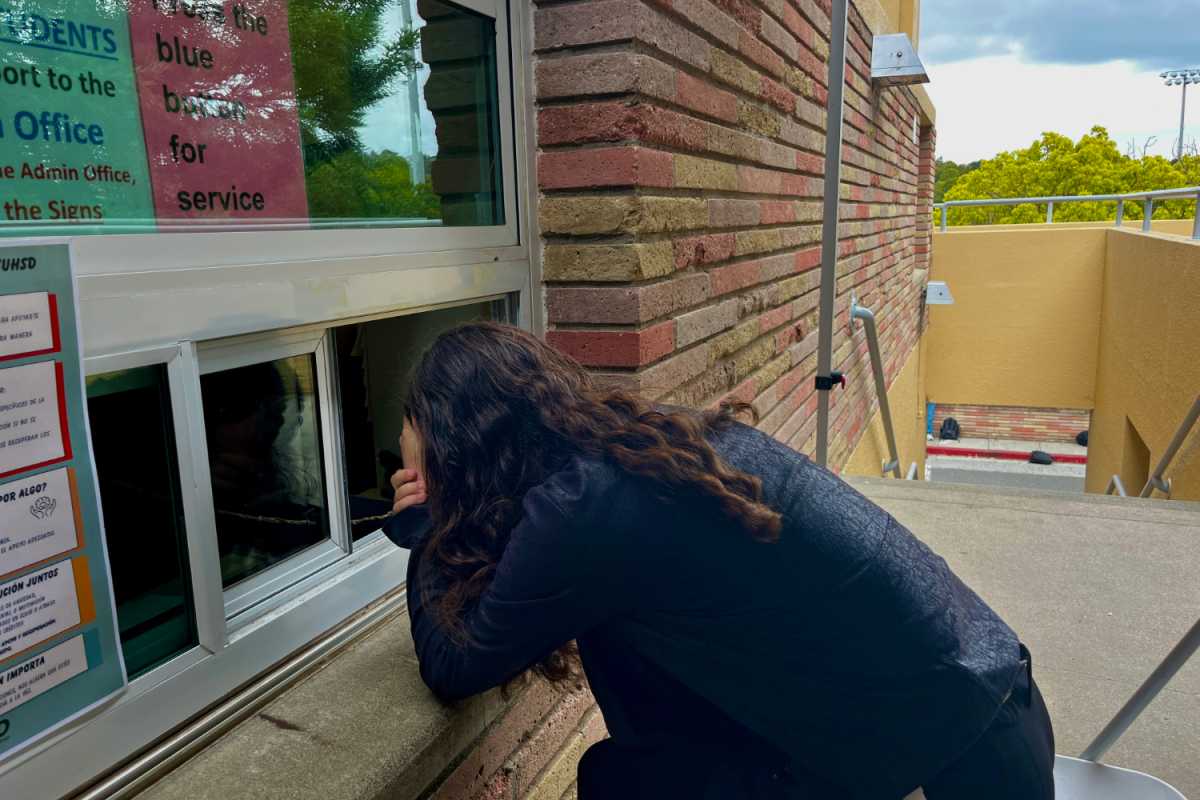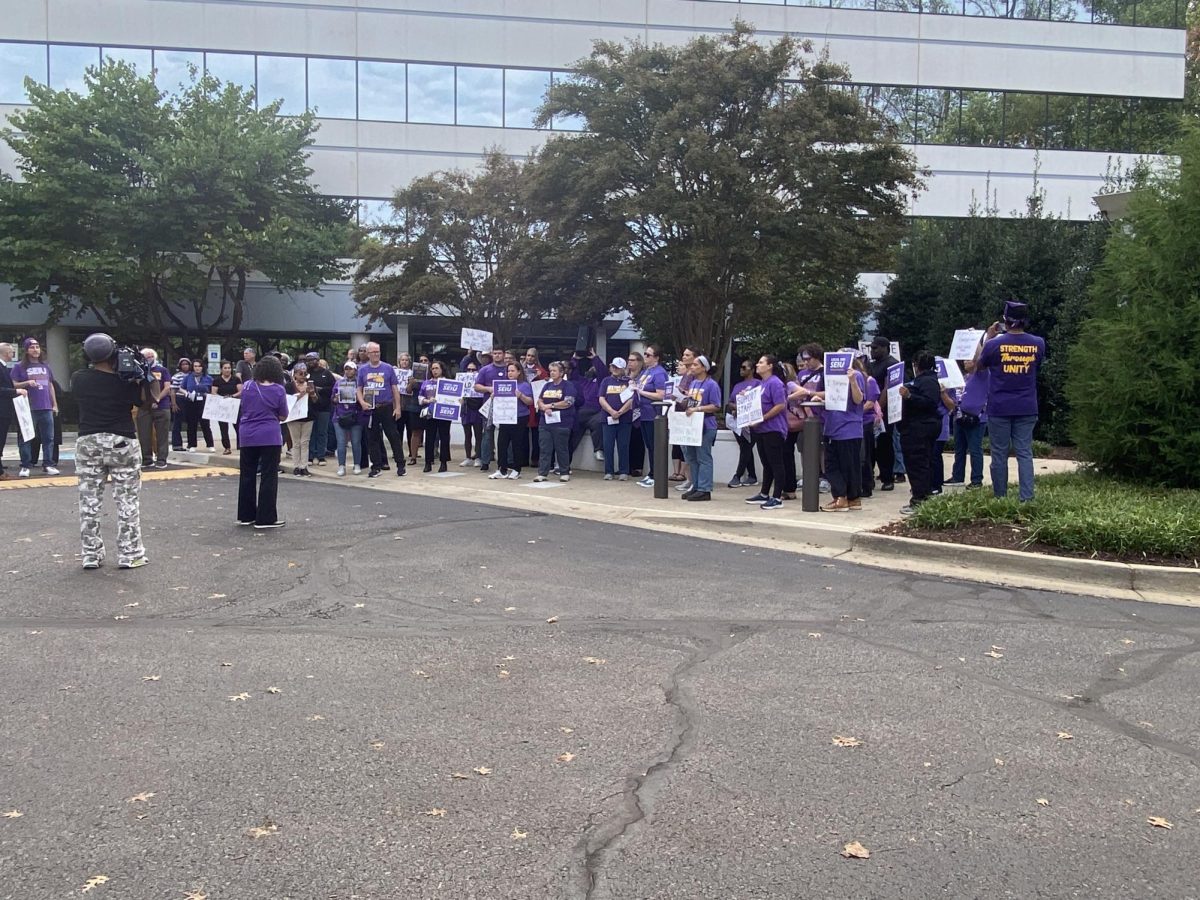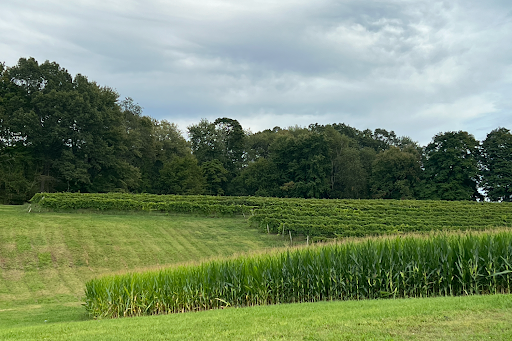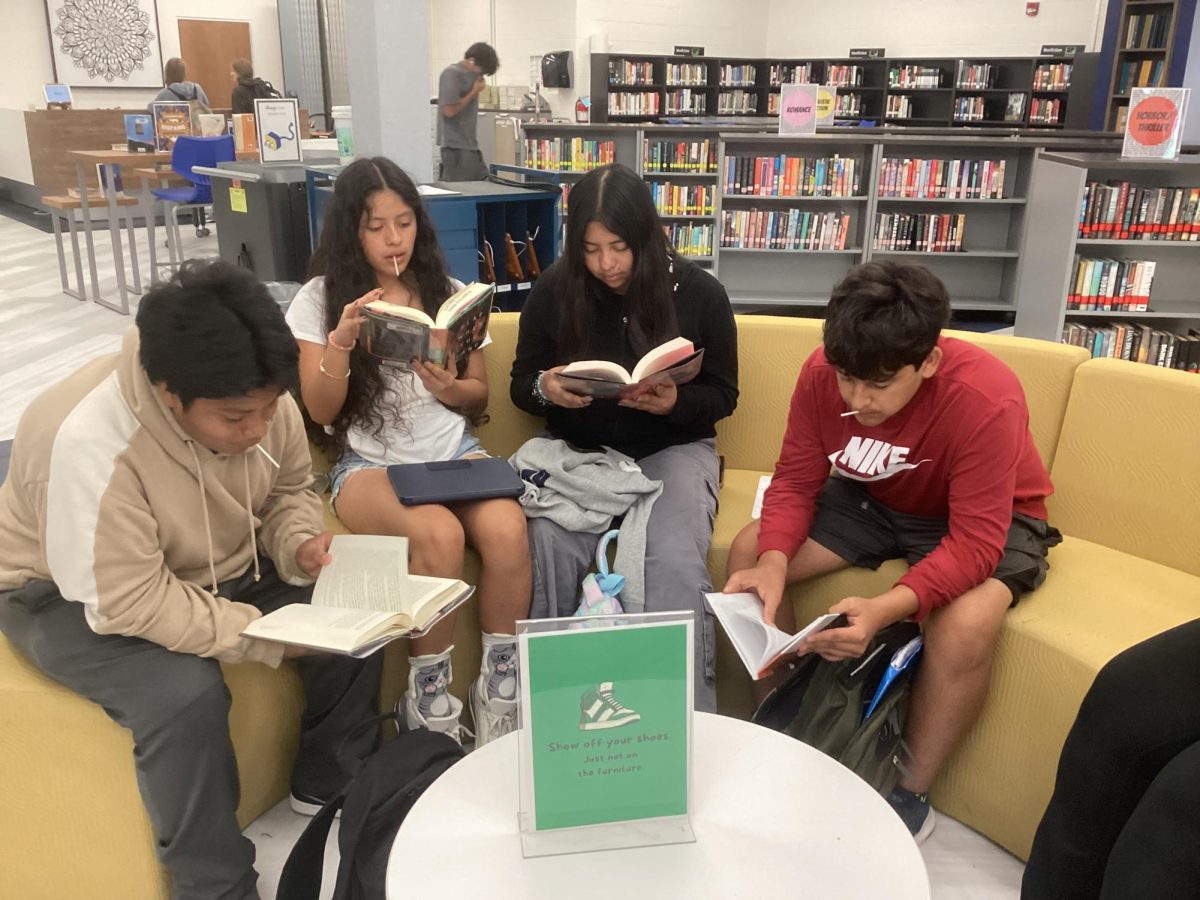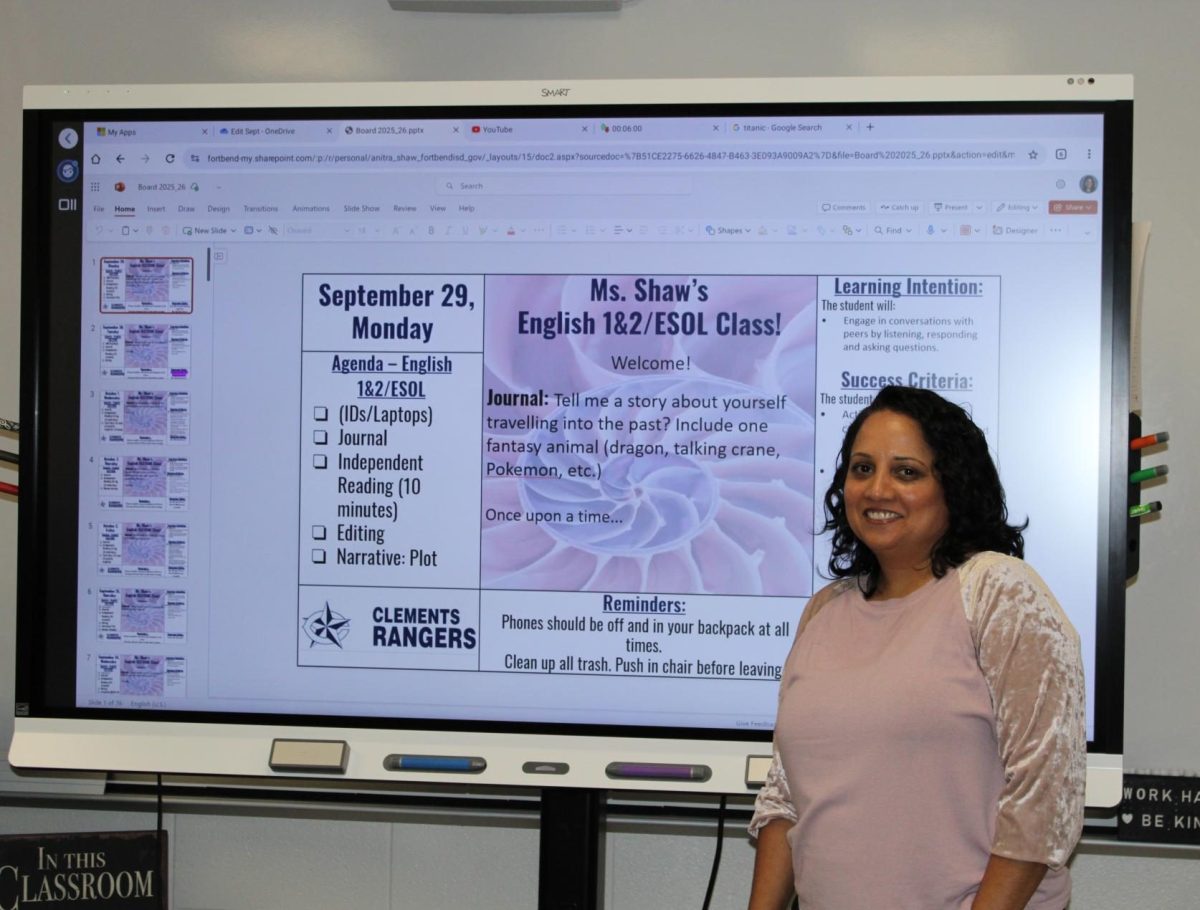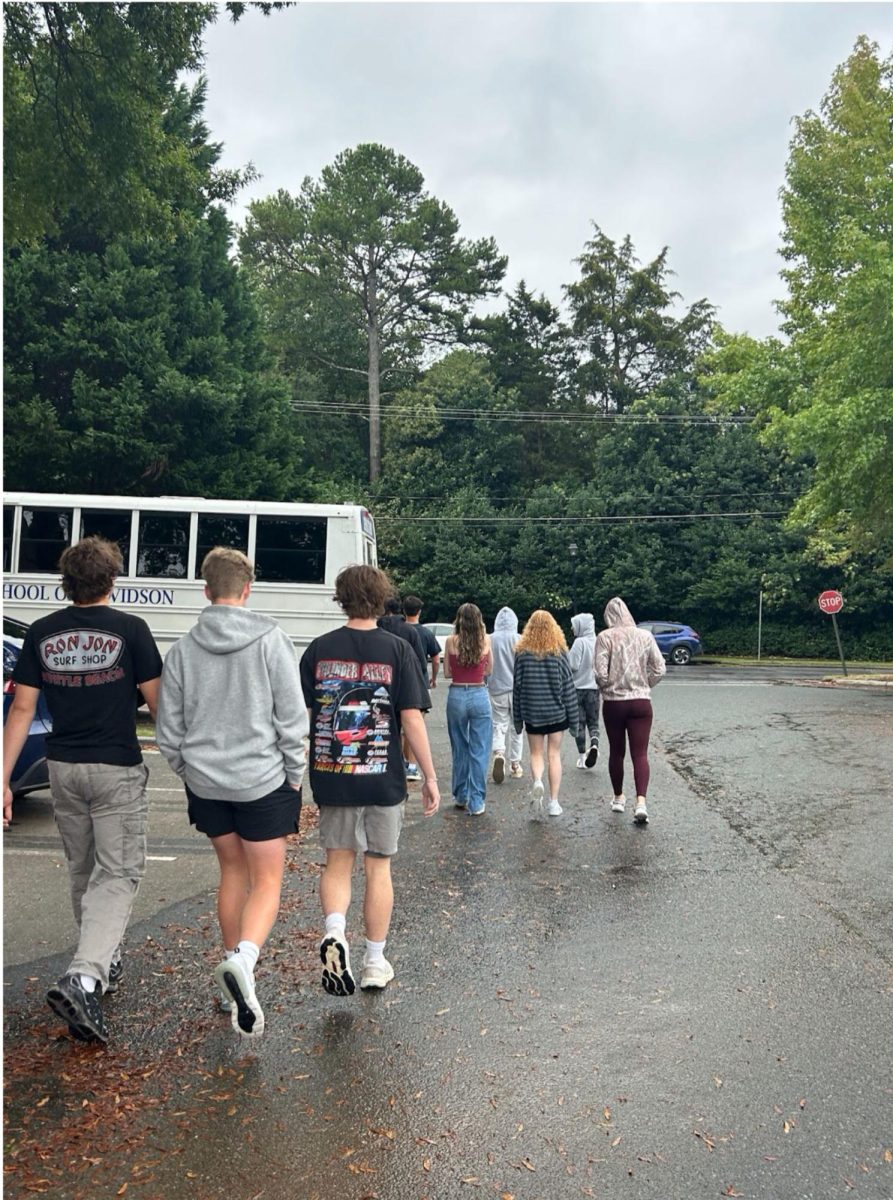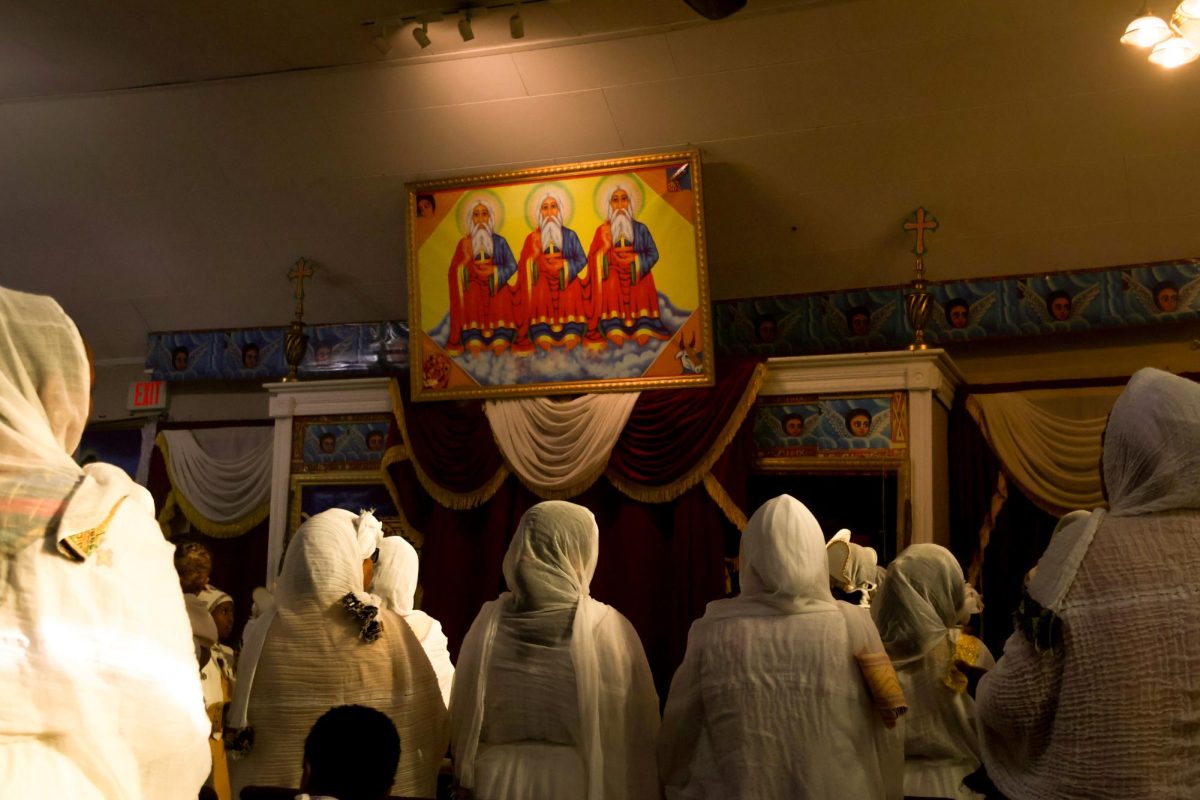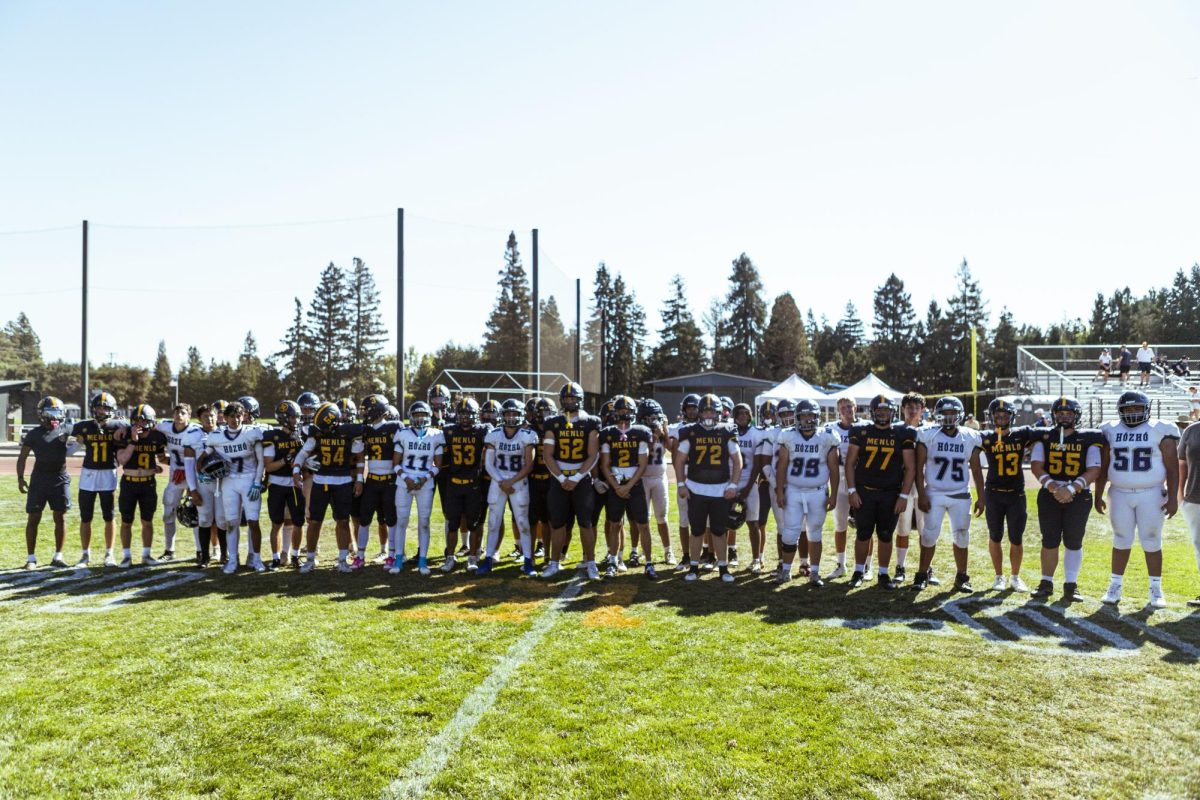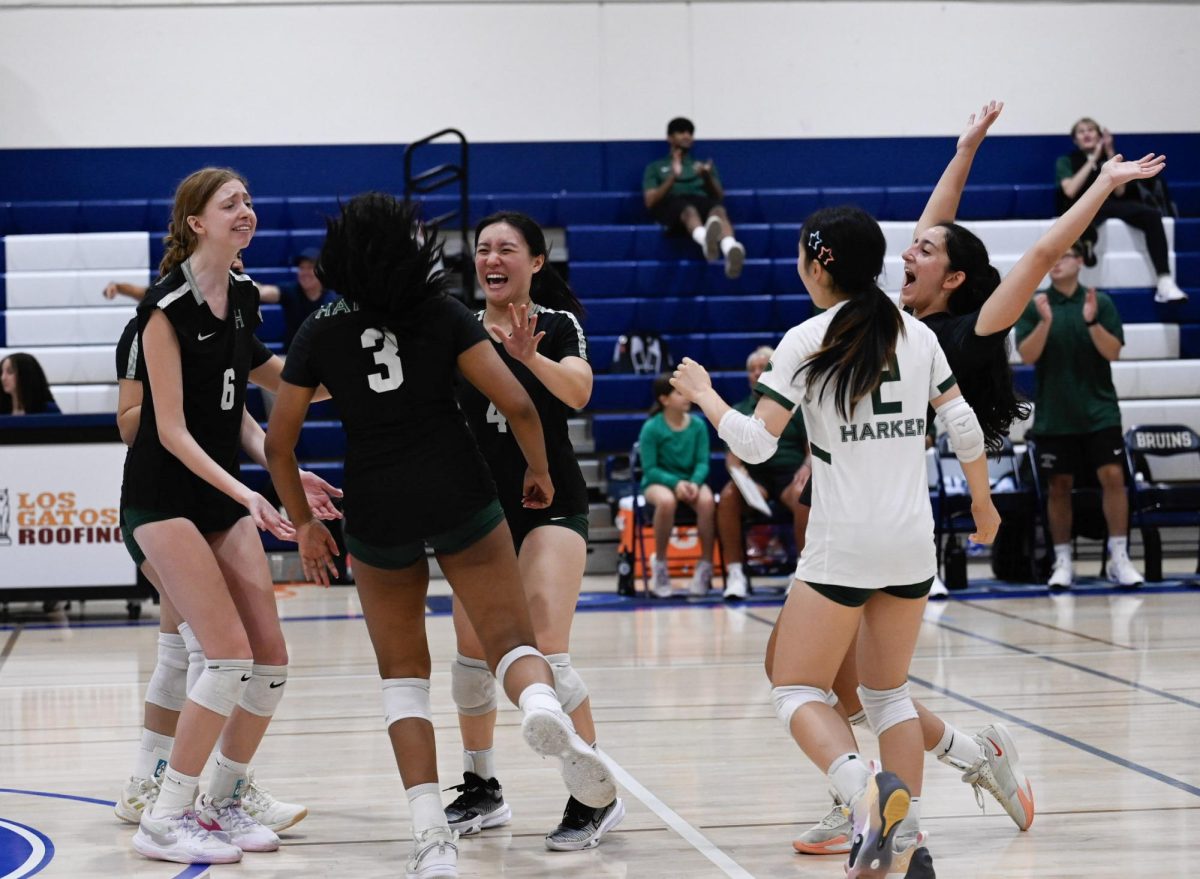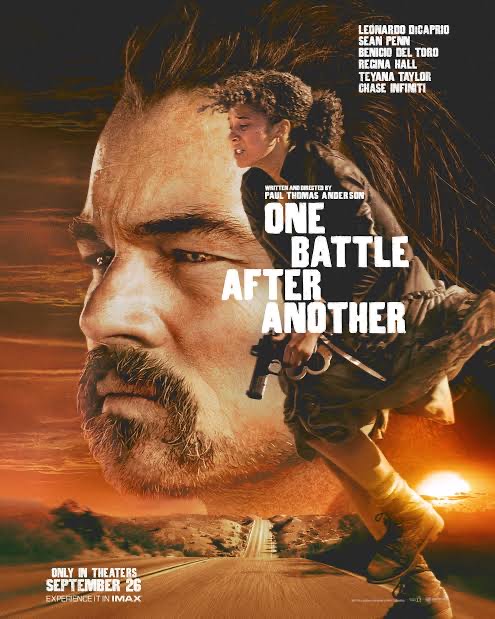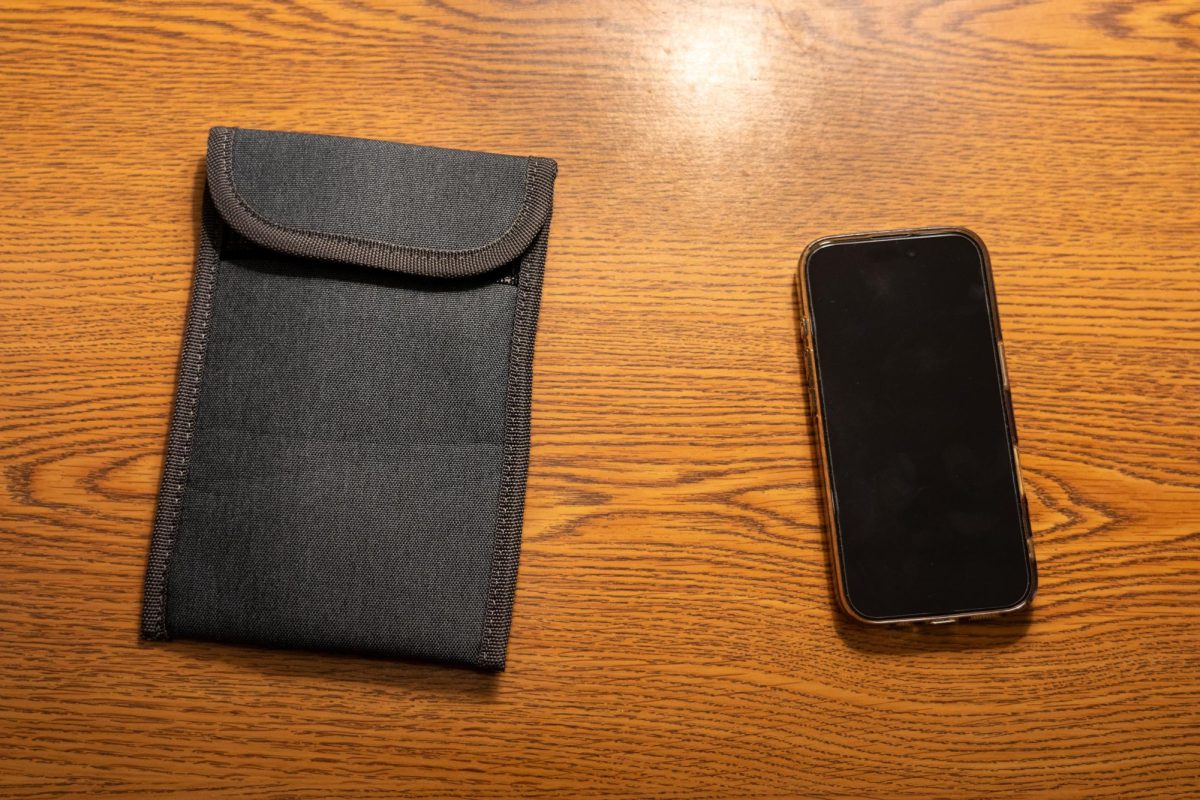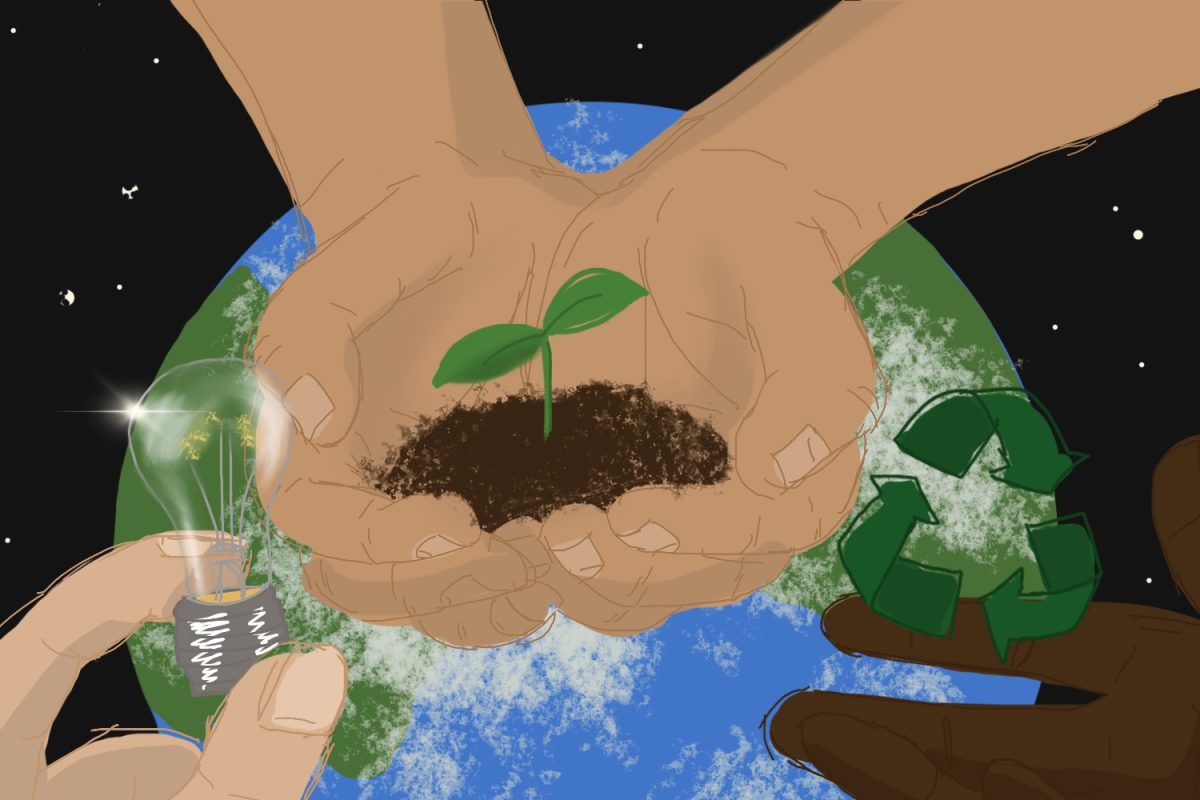The sea level is rising, wildfires are burning, and the planet is heating. The consequences of human activity and climate change seem overly daunting for a single person — but smaller groups are showing that there is hope in building successes into more significant change.
While grocery stores and other organizations have been taking steps toward sustainability, creating community volunteer groups for schools, homes, and restaurants is an increasingly common way to do so.
Sustainability, according to the U.N. World Commission on Environment and Development, is to meet “the needs of the present without compromising the ability of future generations to meet their own needs.”
For San Mateo County, groups such as the Sequoia Union High School District Sustainability Committee (SSC) and the San Mateo County Office of Education(SMCOE) Youth Climate Ambassadors (YCA) program provide community members with environmental literacy and an avenue for making sustainable change at their schools.
But change is happening even before the high school level.
PARENTS PAVE THE WAY
Formed in late 2023, the Belmont-Redwood Shores School District’s (BRSSD) Sustainability Parent Group came into existence after three impassioned parents found that they shared a common goal at a PTA meeting. The BRSSD comprises seven schools — Sandpiper School, Ralston Middle School, Nesbit School, Central Elementary, Fox Elementary School, Cipriani Elementary, and Redwood Shores Elementary.
For Aja Yee, whose son is a second-grader at Sandpiper, her involvement in sustainability efforts began after consistently seeing trash on campus during drop-offs.
“One day, I decided that I was going to stay after school and pick up trash. Some students helped by pointing out where the trash was, and I decided we needed to get the school more involved,” Yee said.
However, while Yee was expecting someone else to start the work, two years of little action prompted her to step in.
“This is elementary school. Often, students need that little push or don’t know because they’re there to learn. We’re in second grade now, and I never really thought of myself as a leader, but to get this off the ground, I had to take that leadership position,” Yee said.
For John McKenna, whose daughter is a fourth-grader at Sandpiper, his interest in sustainability was partly inspired by the 2006 movie “An Inconvenient Truth.”
“The movie sounded the alarm of human-caused climate change. I was moved by it, but I was at a different stage in my life, and I had other priorities. I think I just thought, ‘Well, the people in charge aren’t going to let this problem get any worse. They’re going to do what they need to do,’” McKenna said.
Fast forward 15 years later, and McKenna witnessed the environment change — more scorching days and wildfires.
“I didn’t know what to do and didn’t want to talk about it because it made me sad. I didn’t want to make other people feel that way. But my friend’s quote on his refrigerator from Jane Goodall inspired me: ‘Every individual matters. Every individual has a role to play. Every individual can make a difference.’ Since then, I’ve been passionate about sharing what I learn and advocating for change,” McKenna said.
For Wen Gao, whose daughters are in fourth grade at Sandpiper and eighth grade at Ralston, her sustainability journey began around 10 years ago in Australia. At the time, she was doing simple things such as reusing plastic bags when shopping, keeping packaging material to be reused later, and carefully sorting her household trash.
“I worked in the pharmacy department at a public hospital and saw a lot of single-use plastic packaging material that came with drug deliveries. I collected the soft plastics and brought them to a local supermarket for recycling regularly. Over the years, became more aware of natural disasters happening in Australia and worldwide, mainly through the media. I became more concerned about climate change,” Gao said.
The creation of the Parent Sustainability Group was spontaneous.
“We met at a PTA meeting. It was ironic that John, Wen, and I had never attended a PTA meeting. All of us went in thinking that something miraculous would happen. We expressed our concerns and heard a lot of agreement. After the meeting, the three of us were like, ‘Let’s talk some more. Let’s do something.’ That’s when it became a thing,” Yee said.
Yee continued to meet with Gao and McKenna and established the group’s primary focuses: reducing plastic use and food waste and striving for cleaner energy and electrification.
“That led us to reach out and meet other parents with children at Ralston, Nesbit, and Central, so we decided to include the other schools. Why keep it to Sandpiper if we can reach more of the community?” Yee said.
According to Yee, much of the success the group has witnessed has been at Sandpiper, with the help of Miranda Correll, a third-grade teacher at the elementary school.
Correll began her sustainability journey by educating herself through the RethinkWaste website to learn how to compost and recycle correctly. Since then, she has been striving to educate her students and the community about how important waste reduction is for the environment.
“Ms. Correll reached out to Rethink, a public agency that works with elementary schools and gives them the tools to learn how to sort their waste properly. They come at lunchtime and teach the children what part of their lunch goes into which bin,” Yee said.
After witnessing the difference made by the Green Team program at a school she previously worked at, Correll was inspired to start the program at Sandpiper. With the help of RethinkWaste, she was able to train students for a Sandpiper Green Team and get new landfill, recycling, and compost bins.
“Prior to the Green Team, we only had trash cans used for landfill. Students put all the waste from their meals into one trash can. Now, students are composting their food scraps, recycling containers, and helping to reduce the amount of trash that goes into the landfill,” Correll said.
Despite the physical successes she has observed at the school, what she values most is the passion students have for properly disposing of their trash.
“The students on the Green Team do an excellent job of helping students know where to put items. They are really making a difference in our school,” Correll said.
Part of their success has also come from their audience.
“At that age, you’re very impressionable. Kindergarteners sorting their trash is a whole different story than eighth-graders. Kindergarteners will actually stand there and try to figure out where things go, looking at the pictures on the bin. Eighth-graders aren’t quite like that,” Yee said.
Yee understands the difficulty of explaining how to sort waste to younger audiences. As a result, she focused on something simple: squeeze pouches.
“At that age, many kids have squeeze pouches of applesauce, yogurt, or juice that are typically not recyclable. But I found that Go-Go Squeeze and Honest Kids let me mail back the pouches for them to recycle, so I put collection baskets around food areas at Sandpiper and taught the kids that their squeeze pouches go in those baskets,” Yee said.
According to Yee, the students’ new habit of separating their trash has already diverted around 10 pounds of squeeze pouches from going to the landfill. The school’s Girl Scouts have also aided in the collection and education of separating the squeeze pouches.
“Part of environmentalism is getting the word out and spreading the message. I’m really excited that this will continue as a student-led project with assistance from parents,” Yee said.
McKenna focuses more on the group’s electrification initiative.
“We’ve helped connect the district with the SMCOE to talk about baseline studies for district buildings related to their mechanical systems. They’re in the process of creating a five-year master facilities plan, so Wen, Aja, and I attended meetings to provide input and encourage other parents to complete a district survey. Hopefully, the district’s hearing more from parents about the importance of sustainability in their future planning,” McKenna said.
Outside the parent group, McKenna co-leads the Menlo Park 350 Silicon Valley Climate Team, where he does many educational events on electrification.
“It’s a big group effort, but we are trying to bring this awareness and education to people. For example, we will be tabling at the Menlo Park Farmers’ Market. Not only do we hold events and invite people to come to them, but we also try to meet people where they are, having conversations or answering questions about anything climate-related,” McKenna said.
Meanwhile, Gao, co-lead of the group’s food waste and recycling initiative, has found success both at Redwood City, where she is a host of the Zero Waste Party Pack, a free-to-rent set of reusable table settings, and at Ralston.
“We helped to obtain support from school administration, recruit team members, and organize a Waste Assessment event. The Ralston Green Team is now a club that meets weekly, working on a waste reduction campaign to maximize campus-wide composting and recycling,” Gao said.
At the district level, the group’s work has reached Superintendent Dan Deguara — a father of two who also recognizes the importance of protecting the environment for future generations.
“The longer it takes us to start doing things, the more future generations pay for those decisions. Things are harder to reverse once they’ve started. If we can do things now to save the future, I’m definitely supportive of that,” Deguara said.
The BRSSD just completed solar installations at four of their seven schools and lighting upgrades at all campuses, taking advantage of state programs to remain cost-neutral.
“Global warming is something that we need to face as a community. We get incremental change at the local level by BRSSD doing something that does have an impact. Still, it’s going to take communities coming together and sustained efforts through larger organizations that help us in that area. Our focus is on our kiddos and day-to-day education,” Deguara said.
The Sustainability Parent Group’s charter is to create a more sustainable future for their children through action and education. In the future, the parents hope to have teacher representation from all schools as well as principal support.
“Start small with one thing and then move on to other things. I know you’re only in high school, but once upon a time, people didn’t use reusable water bottles. Now, it’s common to take reusable water bottles to school, and that change didn’t happen overnight. We hope to establish other habits like that for future generations,” Yee said.
Increased parent support for the committee also brings diverse skills and resources.
LITERACY IN ACTION
Diana Gragg has two kids at Ralston and one at Central. Outside of her family duties, she has also been a lecturer at Stanford University for energy topics since 2015.
Before the pandemic hit, Gragg wanted to be a lasting resource for teachers. While the pandemic halted her work, she found a way to provide the community with resources and education through the parent group — which she learned about in a newsletter released by Central Elementary.
Gragg’s interest in the climate began from a young age, rooted in her personal health and experiences.
“I grew up in Houston, Texas, where the air quality is pretty terrible. I had a lot of health issues related to it — asthma, allergies, and pneumonia. We had ozone days when we weren’t supposed to go outside. All of those things made the air pollution very present for me. So when I went to college, I majored in chemical engineering but did an emphasis on air quality,” Gragg said.
A final turning point happened when she took the Understand Energy class as an undergraduate at Stanford, which she now teaches. In 2023, Gragg and a team from the Stanford Doerr School of Sustainability created the Understand Energy Learning Hub, a website that provides free education on energy for anyone who is curious.
“The Learning Hub was an effort to make a resource accessible to everyone. The mission of our class is to understand those energy systems to make better decisions personally and professionally. It starts with understanding. We wanted to broaden the audience to anybody that wanted to learn about these different topics, anything from fossil fuels and solar to geothermal and nuclear weapons,” Gragg said.
However, environmental efforts aren’t always smooth sailing.
PUSHING THROUGH BARRIERS
“In my workplace, there’s so much to be done that it doesn’t feel like there’s enough of us to do it. It can be hard, so I balance my time and focus on the things that will have the most impact. A lot of it is staying connected with people making the difference — our students are working in all sorts of places,” Gragg said.
Gao has also noticed resistance to her Zero Waste Party Packs in the community.
“There is that habit in the community to use single-use plates and cups. It’s disappointing, but we still try to get the message out. It is very difficult to change people’s habits, especially with adults. People do everything for convenience, consumerism, and capitalism. We’re working against a lot of things,” Gao said.
Similarly, McKenna doesn’t see the same concern that he has for sustainable practices reflected in everyone.
“People have different priorities and needs. For some, their number one priority is putting food on the table for their children and working two jobs. I feel a bit privileged that I have the freedom to work on this stuff. I think what’s really important is to have conversations with people about climate change, and to be open to listening, not judging their thoughts,” McKenna said.
In contrast to the belief that sustainable change requires sacrifice, McKenna emphasizes that by making changes, people will have more in their lives rather than less.
“It’s important to have the support of other people. That’s why we formed this parent group. We can share ideas and we can lift others up. We try to do sustainable things in a fun way — maybe a movie event, where you’re out there with your family. It can make it easier to do on a long-term basis,” McKenna said.
For the BRSSD, the pandemic brought a challenge: waste was more difficult to manage because food had to be wrapped to avoid contamination.
“In terms of waste, the reimbursable rate that schools can recover for meals is very low. Unfortunately, sometimes it’s more expensive for our meal vendors to provide cost-neutral compostable materials, so it’s difficult to motivate them,” Deguara said.
In spite of the new challenges, the district makes sure to send leftover food to organizations that can utilize it.
“It just comes back to my kids — I want to do it for them. It’s hard because there’s a cost associated with everything. There are the upfront costs of choosing cheaper plastic, but there’s a long-term environmental cost. There are trade-offs. Funding by state needs to change if we’re going to have a better chance at supporting these types of initiatives,” Deguara said.
STARTING YOUNG: UNIFIED CLIMATE ACTION
In addition to parents, high school students are also taking it upon themselves to contribute to the fight against the consequences of climate change.
Mason Cao is a junior at Carlmont and founder of Unified Climate Action (UCA), a nonprofit organization he created in October of 2023 with other students to reduce pollution in the community.
“One of our most prominent projects is to sell compostable bamboo utensils to local restaurants or schools. We want to replace the use of plastic utensils because they’re harmful to the environment and make microplastics, which are really bad for the human body,” Cao said.
The organization has gotten CAPO, the Mediterranean restaurant in Belmont, to switch to using their bamboo utensils.
“We sold them 1000 packs of utensils, which effectively replaces 1000 packs of plastic. That sale has saved about 40 pounds of plastic. Over the time that we keep selling to them, we could potentially save hundreds of pounds of plastic waste,” Cao said.
Besides its successes in providing compostable utensils, UCA is also working on developing its own water filter to make clean water accessible to everyone.
“Right now, the people who need water filters the most can’t afford them. We want to start by giving away commercial water filters for free before manufacturing our own design, which will work better and cost less,” Cao said.
Cao’s journey into sustainable work started in his freshman year with the YCA program.
“The program helped me understand that I can help fight against climate change. In sophomore year, I talked to some people in class about microplastics because we were reading articles and watching YouTube videos. We discovered that microplastics are a big threat and tried different things to get people to stop using plastic. That developed into a nonprofit,” Cao said.
One of the people Cao spoke with in class was Kevin Yang, a junior and UCA’s chief communications officer (CCO). For Yang, being conscious about living sustainably was always a part of his life.
“I’m really passionate about personal health. Ever since freshman year, we’ve been researching microplastics and concerned about how they’re affecting teens’ development — even affecting mental health in ways you don’t know. It’s a strong motivator because we want to protect ourselves, our loved ones, and others in the community,” Yang said.
The group also educates those around them about the dangers of plastic use, hoping to change their habits.
“We want to help as many people as possible. I know that the climate change crisis is massive and will have disastrous impacts on us. Although our organization can’t directly do anything about it, by slowly helping to reduce plastic and fossil fuel use, we hope that we are doing our part right. If everyone does their part, the crisis will improve,” Cao said.
CONTINUING THE JOURNEY
As massive as the climate crisis may feel, sustainability leaders still find the inspiration to continue their efforts in their work.
“It motivates me to continue to work when I’m working with somebody else, like Aja, and we encourage each other. Working for the future generations is another big motivator,” Gao said.
Even after her kids have graduated from the district, Gao wants to keep volunteering and communicating with like-minded teachers, such as Correll. For the third-grade teacher, her students remain her largest motivation.
“I truly believe that they are the ones who are going to make a big difference in the future in terms of sustainability,” Correll said.
In the face of challenges, Gragg uses a different approach — making the solution better than the alternatives.
“I focus a lot on energy efficiency. If we can get the same or better service while using less energy, it makes decarbonization much easier. It’s not asking people to pay a bunch of attention to what they’re doing. We need to make the solution easy because everyone has their priorities,” Gragg said.
MORE THAN THE CLIMATE
Despite all the efforts, it’s important to note the interconnectedness of environmental issues with other global systems.
“It is political and controversial. But if you want to change somebody’s mind you have to change their emotions — how they feel and what they care about. Depending on the situation, it’s not the most helpful to talk directly about climate change, but instead about common values — clean air or clean water. Not everybody will understand the science of climate change, but we have to agree with having livable spaces and breathable air,” Gragg said.
According to Gragg, air pollution kills 7 million people yearly due to the particulate matter released by burning diesel, wood, and biomass. The statistic underscores the significance of using electric vehicles to clean up transportation for quality of life.
“Sustainability is hugely important, locally and globally. At Stanford, we’re having a lot of conversations about circular economies. We need to think about changing our systems from an extraction-to-use type system to something where we’re getting the services we need, but not taking from the planet and putting things into the landfill,” Gragg said.
Health is not the only concern impacted by climate change — social systems are also intertwined with environmental issues, a phenomenon under the name of environmental justice.
“People that generally get the benefits of energy use don’t experience as many of its negative impacts as people that get less of the benefits of energy use. There are huge inequities in our system. If we want to solve the climate crisis, it has to be for everybody. You can’t leave anybody behind on this, or we won’t get there,” Gragg said.
THE NEXT STEP
While the world experiences more frequent changes in climate, habitat, and human health, groups for sustainable action are increasingly growing in number and taking more extensive steps in their communities.
From parents and teachers to students of all ages, these volunteer teams spread awareness about what motivates them — protecting people and the planet amidst consequences that often feel overwhelming.
“You don’t have to do everything, but you can always do something and start somewhere. It’s a journey of figuring out things. Find one thing to do, like not wasting food. Once it becomes a habit, you can try the next thing and start there too,” Gragg said.
This story was originally published on Scot Scoop News on February 27, 2024.

